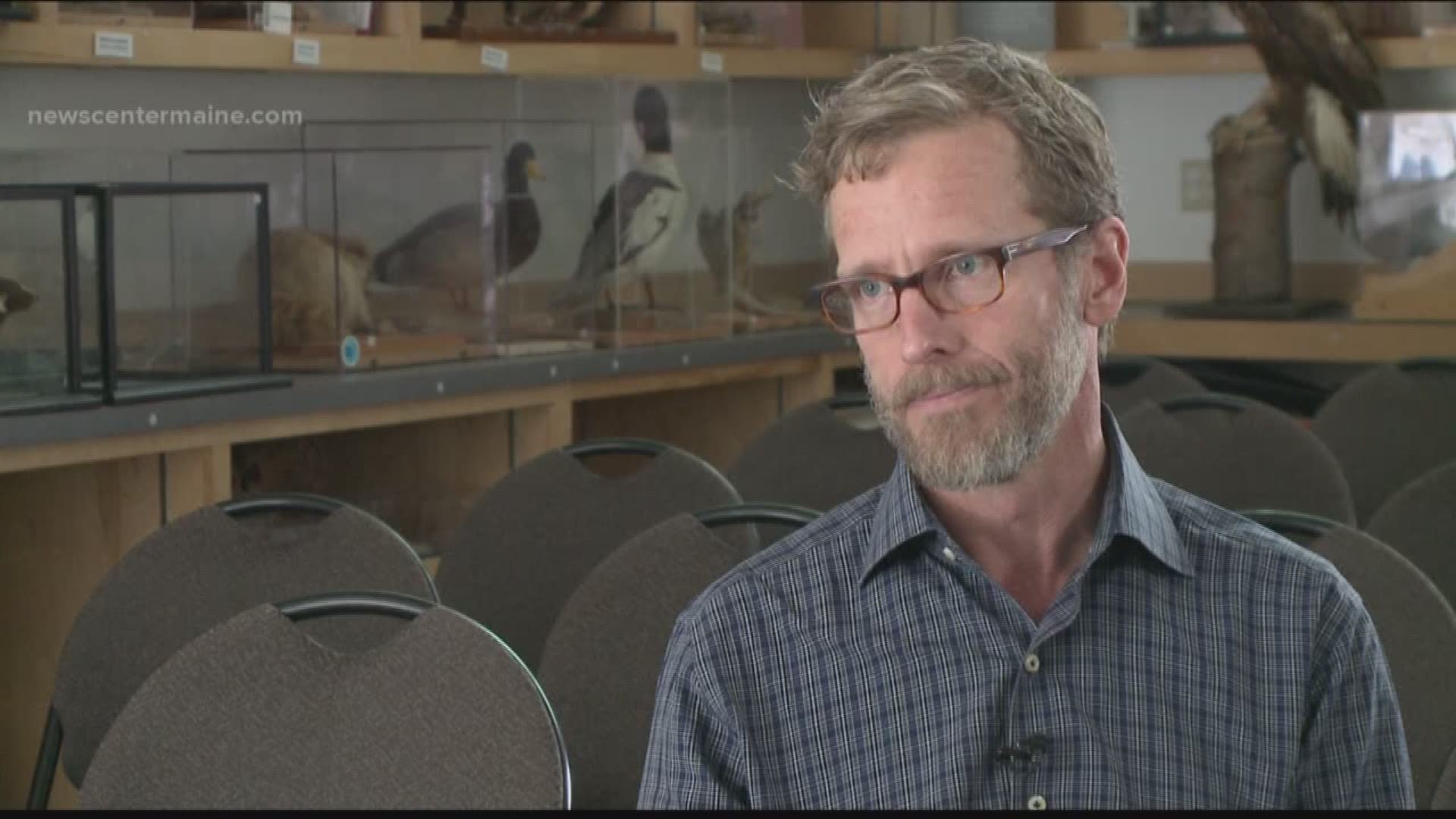(NEWS CENTER Maine) — After growing up in Falmouth and graduating from Falmouth High School, Joel Clement spent years as an environmental scientist before landing an executive job at the U.S. Department of the Interior. As director of the Office of Policy Analysis, he worked on science issues across the department and was a top climate advisor with a particular focus on the threat climate change poses to coastal Alaskan villages. As sea levels rise and permafrost melts, those villages could be devastated by a big storm rolling in from the Bering Sea.
The work is key to understanding the dangers of climate change in other places, including the coast of Maine, which is why Clement was stunned last year when he was given a new job for which he had no experience or expertise. Clement was not singled out; dozens of Interior Department employees were reassigned. In his case, says Clement, he was transferred “to the office that collects and disperses royalty checks from the oil, gas and mining interests.”
Think about it: a highly trained scientist with a deep background in climate change and policy was, with no warning, placed in a job he was not qualified to do. “I was with a team of auditors,” Clement says. “And in fact, they were going to relocate me [from Washington, D.C.] to Tulsa, Oklahoma.”
After three months in the audit job, Clement quit and went public. He filed a complaint with the government, saying that he had been retaliated against for speaking out about climate change and that his reassignment violated his rights under federal whistleblower protection laws.
Secretary of the Interior Ryan Zinke, according to Clement, is carrying out an anti-environment political agenda. Now Clement has become a crusader on the other side of the issue, which he says should be addressed by scientists, not ideologues. “Whether you’re Democrat or Republican,” he says, “if you believe in the utility of science and the importance of science for public policy, and you believe in American health and safety, you need to focus on the impacts of climate change. That’s not a partisan issue."

